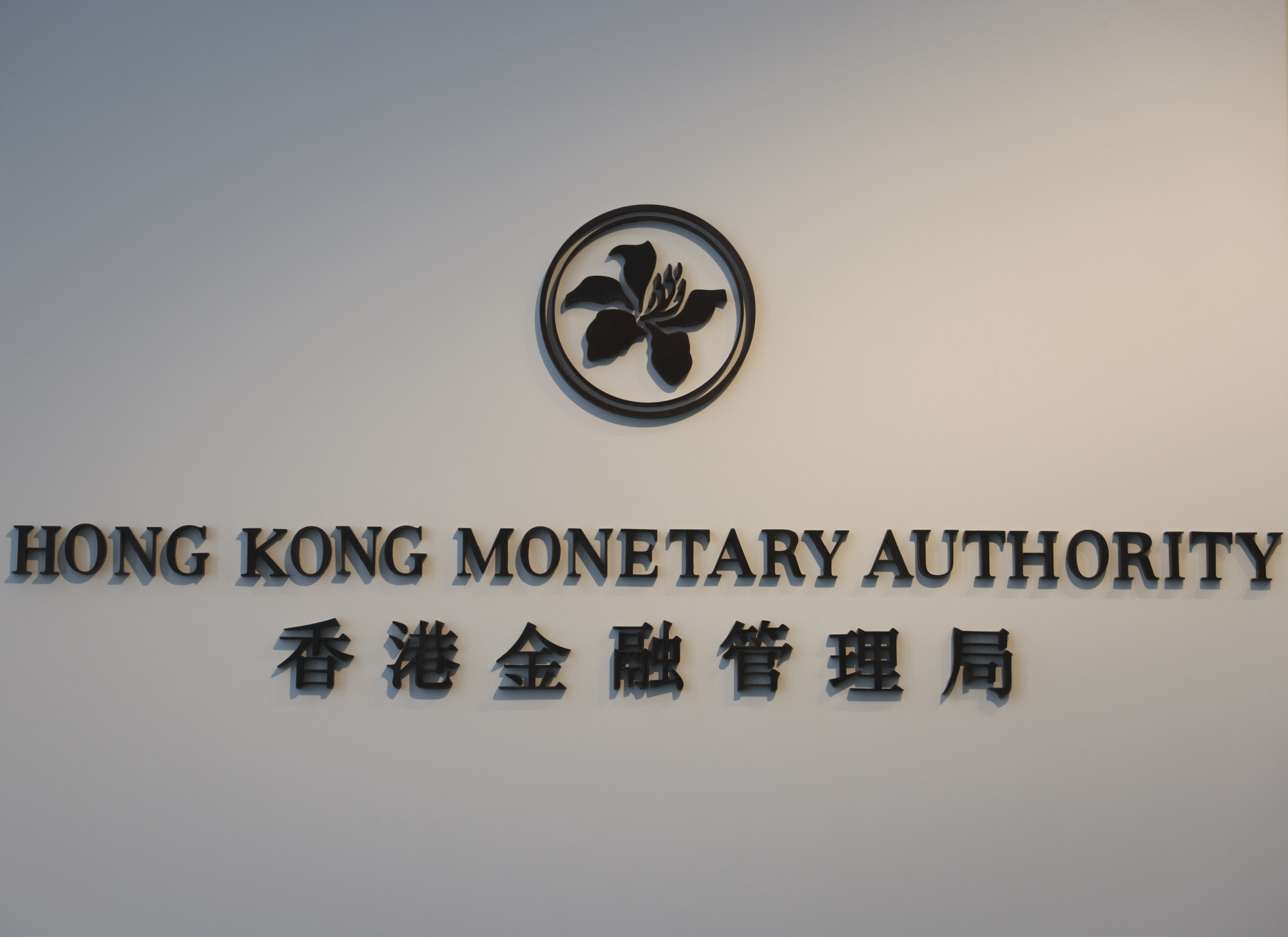The Hong Kong Monetary Authority (HKMA) is keen to make its green taxonomy framework mandatory for the banking sector to support the development of sustainable financing in the city.
“We will look into whether to make it mandatory, at least for the banking sector, so that we have a solid investor base,” said Kenneth Hui, executive director (external) of HKMA, at the launch of the University of Hong Kong’s Jockey Club Enterprise Sustainability Global Research Institute on Thursday.
“Right now it’s voluntary, so capital market and banking [participants] can choose to adopt it. We believe it provides a good reference point for investors as well as issuers to basically have a clear definition of what is green and what isn’t.”

A taxonomy is important to prevent greenwashing – making unsubstantiated claims about the environmental benefits of a product or service.
The HKMA is currently working on broadening the coverage of the taxonomy to include other green activities beyond the four sectors, said Hui. “Hydrogen and hydropower are things that we have in mind right now.”
Consolidating different sustainability taxonomies and disclosures is important to reduce the risk of greenwashing and transaction costs, said Ma Jun, chairman and president of the Hong Kong Green Finance Association, adding that Hong Kong can play a key role as a testing ground for interoperable standards.
The inconsistency and incompatibility of various taxonomy and disclosure standards, principles and regulations could result in market fragmentation, increase transaction costs and even encourage greenwashing, said Ma.
“As a testing ground for interoperable standards, for both taxonomy and disclosures, Hong Kong can demonstrate to the rest of the world how interoperability can actually work.”
The new requirements were introduced in alignment with climate standards from the International Sustainability Standards Board (ISSB), which was set up during the COP26 global climate summit in Glasgow in 2021 to consolidate various reporting standards. The ISSB released its finalised standards in June last year.
Applying the ISSB standards to the Hong Kong market has been challenging, as only about 7 per cent of listed companies are incorporated in the city, while most of them are incorporated in mainland China, according to Michael Duignan, executive director of corporate finance at the Securities and Futures Commission.
“One of the biggest challenges for us was to introduce rules that straddle the [two jurisdictions] because China is in a different place in its development compared to Hong Kong,” he said.
“That meant we had to base the standards on ISSB, but introduce all the flexibility built into ISSB.”

